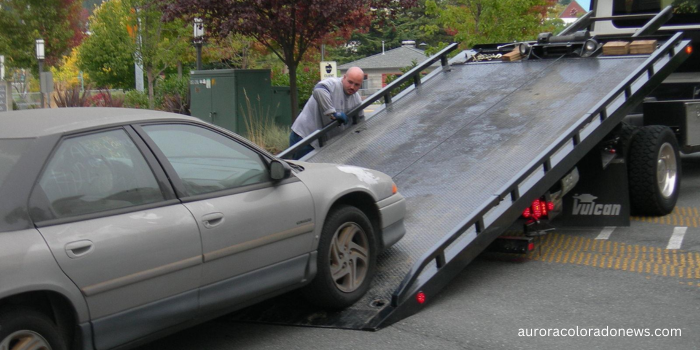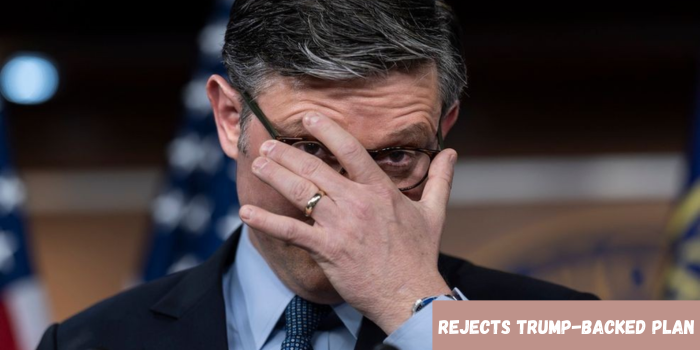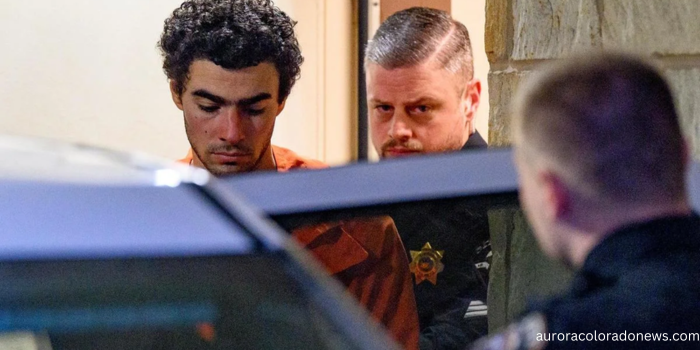The recently applied “three-strikes” traffic law in Aurora has had a significant impact since it went into effect on Nov. 5, with nearly 300 vehicles seized in just six weeks. Designed to improve road safety and curb habitual traffic violations. The law targets drivers who do not have three crucial documents in their possession: a valid driver’s license, proof of insurance, and valid vehicle registration.
The New Law in Action
The law originated from a sponsor’s request by Council member Stephanie Hancock that sought to curb the public demand of excusing reckless driving as an acceptable policy contradiction to common sense. Specifically, the request sought to eliminate drivers’ disregard for common sense when operating a vehicle. Out of a kind of frenzy of enforcing the law, APD officers began to remove and seize the vehicles as suspenders from active use, but only three vital credentials were missing. Most importantly, any sort of routine stops would suffice.
Without these, the repercussions are dire, as drivers are required to show sufficient proof of legal documentation or a licensed/driving motor vehicle holder in order to get the vehicle back from an impound lot; however, the time frame for doing so is quite short, which is less than 30 days. In the Detroit region, unclaimed vehicles become available for auction through the police after a month has passed.

Financial Burden on Offenders
The fines that are imposed on these violators’ are very high. This includes a $240 towing and impound fee, $47.25 police administration, and other 3-day and over charges of $40 per day for vehicle storage. The overall cost continues to rise, considering that everything adds up with the planning fee of $150 for a complete three-day storage to be over 400 dollars and the car breaching the storage limit for a month costing over 1200 dollars.
Likewise, operating without a license or registration and without insurance countless times can be fined and tacked on to the list.
Fake Temporary Tags: A Growing Concern
Temporary tags are bought via the internet, whether today’s or older, claiming they hold more danger than the time-expired plates, and that is due to criminals’ intentions in using them and police officers flagging them off and banning the usage. Sgt. Scott Benedict focused on the educational side in which they educated the population of Temporary Tag and acquired processes of them that were legit due to the strict policy on fake tags.
Temporary tags point only towards the Department of Motor Vehicles as the sole provider, warns Benedict about online purchases.
Take Action Against Uninsured Motorists
According to Councilman Hancock, the reasons for the law include the high prevalence of uninsured drivers in the country. The 17.5 percent rate of uninsured drivers in Colorado places it as the ninth highest in the nation, the Insurance Research Council reports. Additionally, Hancock was worried about the increase in insurance rates that are borne out of the need to protect against losses from uninsured drivers.
On the contrary, however, George Daley, senior regulatory analyst at the Colorado Division of Insurance, has stated that even if there is a gradual increase in insurance rates, there is no evidence that insurers are leaving Aurora or Colorado because of uninsured drivers.
Consequences and Public Response
The law, as comprehensive as it is, fails to have its way entirely with respect to the desired outcomes, as many of the drivers find themselves surprised by the measures that these laws employ. Sgt. Benedict noted that most offenders are aware of state requirements but are often surprised when their vehicles are immediately towed.
“I think when they see their car being towed away, that is when they realize what it is all about,” he said.
Offenders are in shock on the first instance, but regardless, officials in Aurora remain optimistic that the administration of the policy will result in improved compliance with traffic laws and ultimately make the roads safer for Denver drivers.
Future scope
The initial phase of Aurora’s law shows that the law could be a model for other municipalities facing similar issues. Currently, the focus for the Aurora police remains on enforcement as well as educating the public about the consequences of this law for the different kinds of drivers.
If the enforcement continues, it is likely that data will be collected by city officials and the police to assess the success of the law as well as the indefinable challenges. For now, however, residents are advised to remember that it is possible for them to easily become embedded in the impound statistics as long as they do not keep their documents in check.
Hancock praised the control measures of the city at the last council meeting, restating the aspiration of the city to prioritize traffic safety while using fair controlling measures, with an emphatic remark, “Safe roads start with responsible drivers.”



